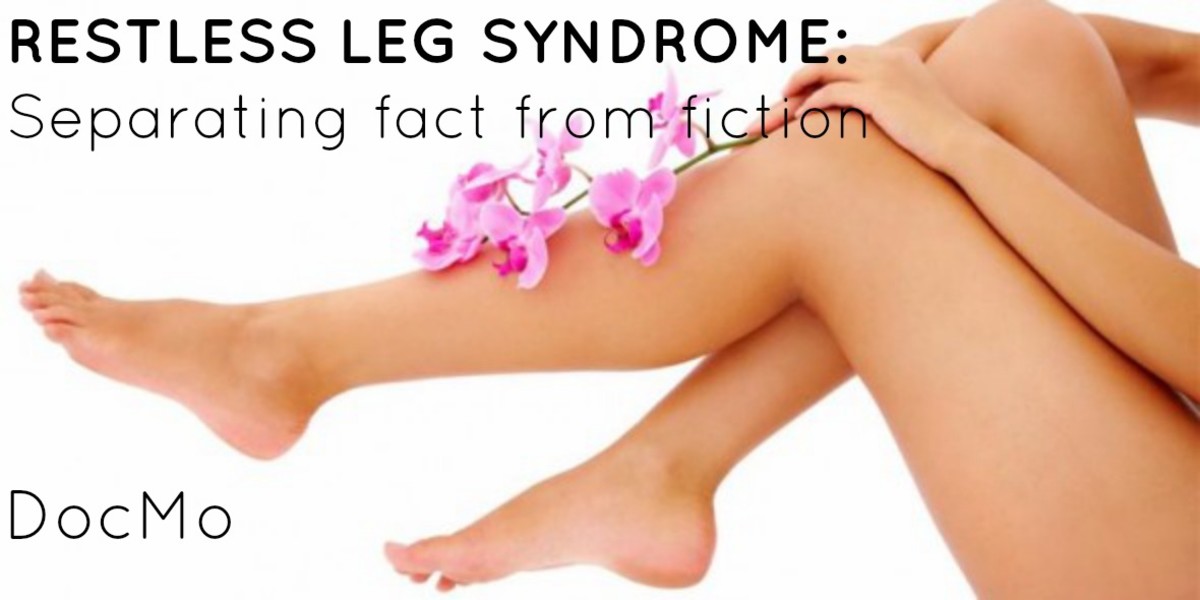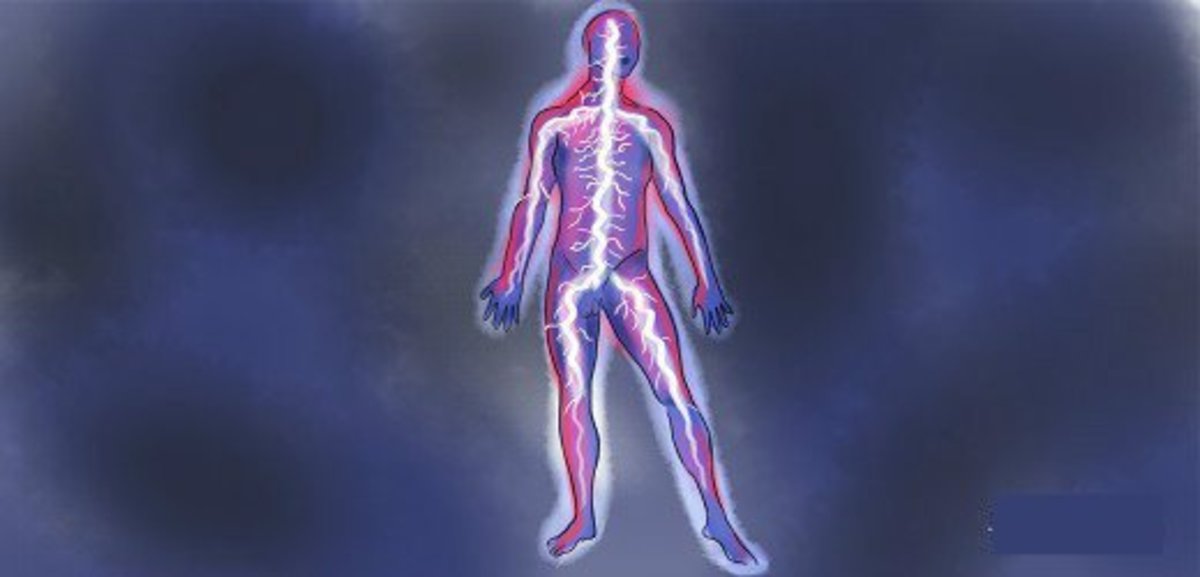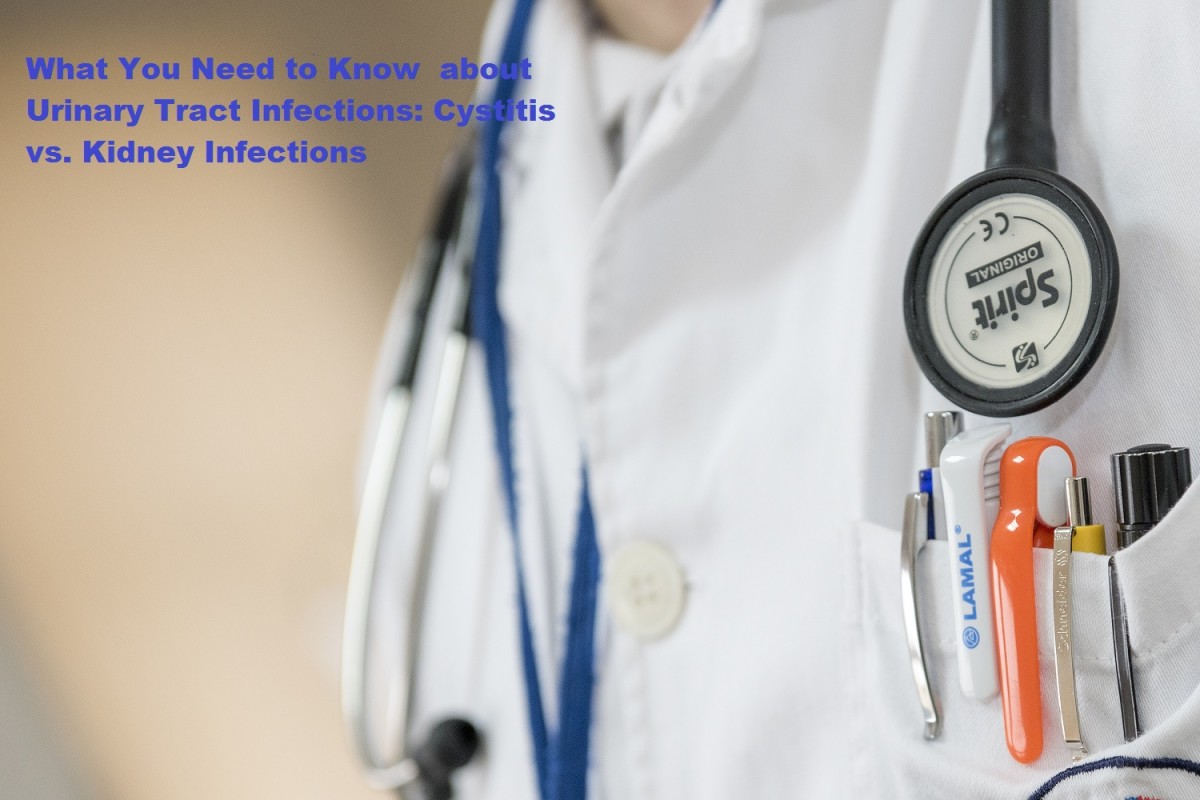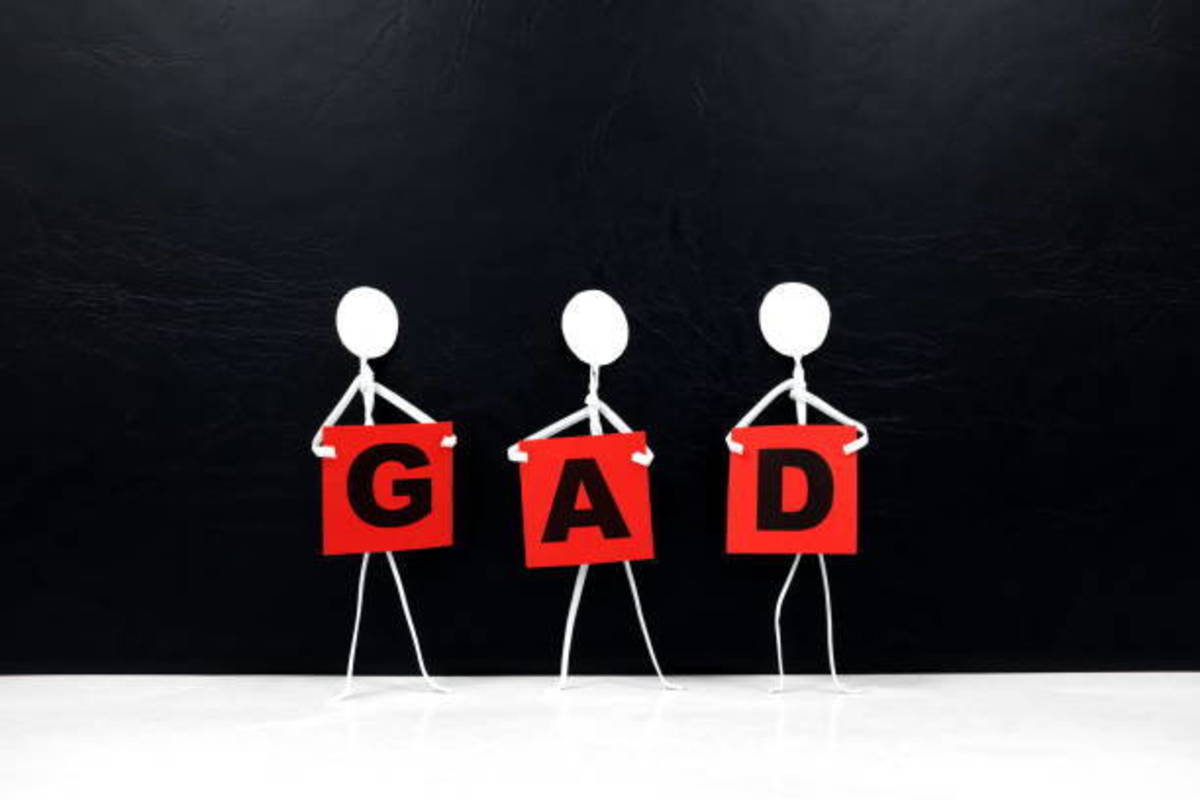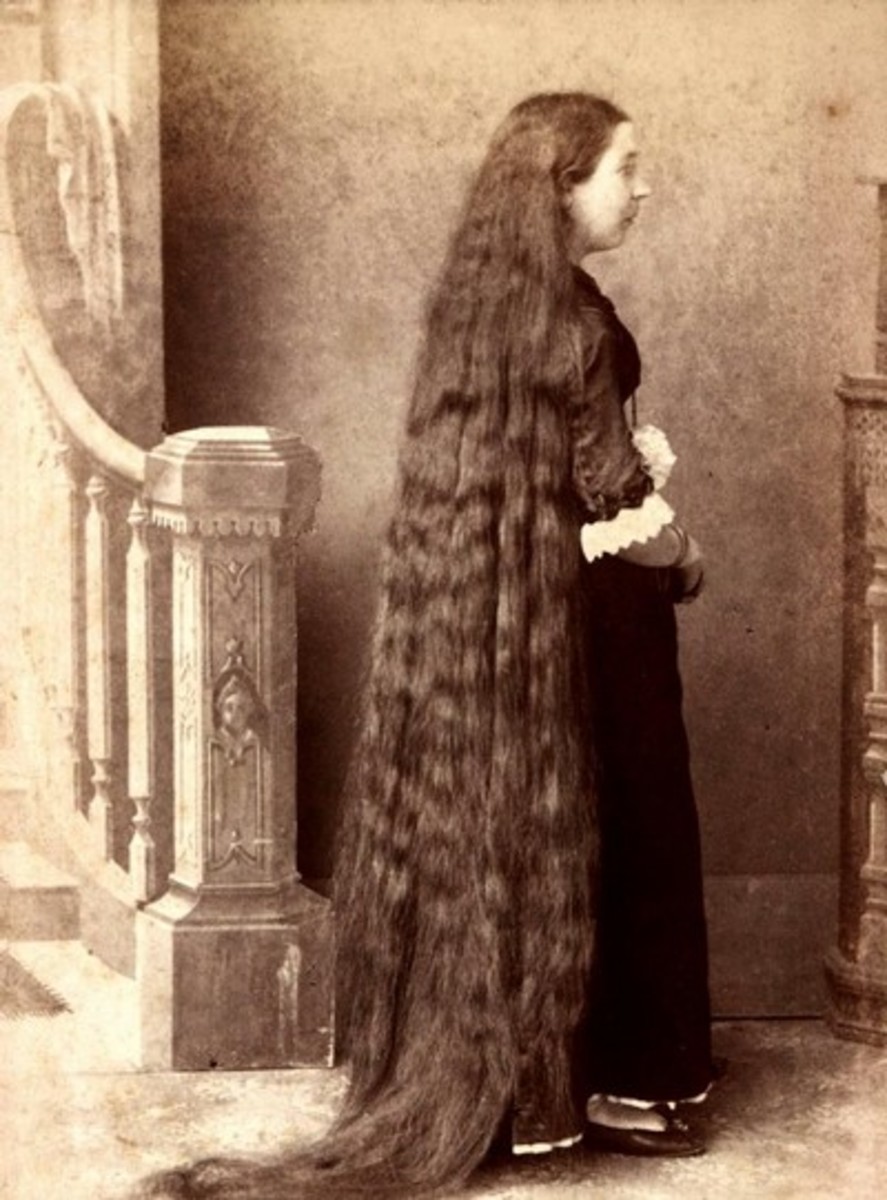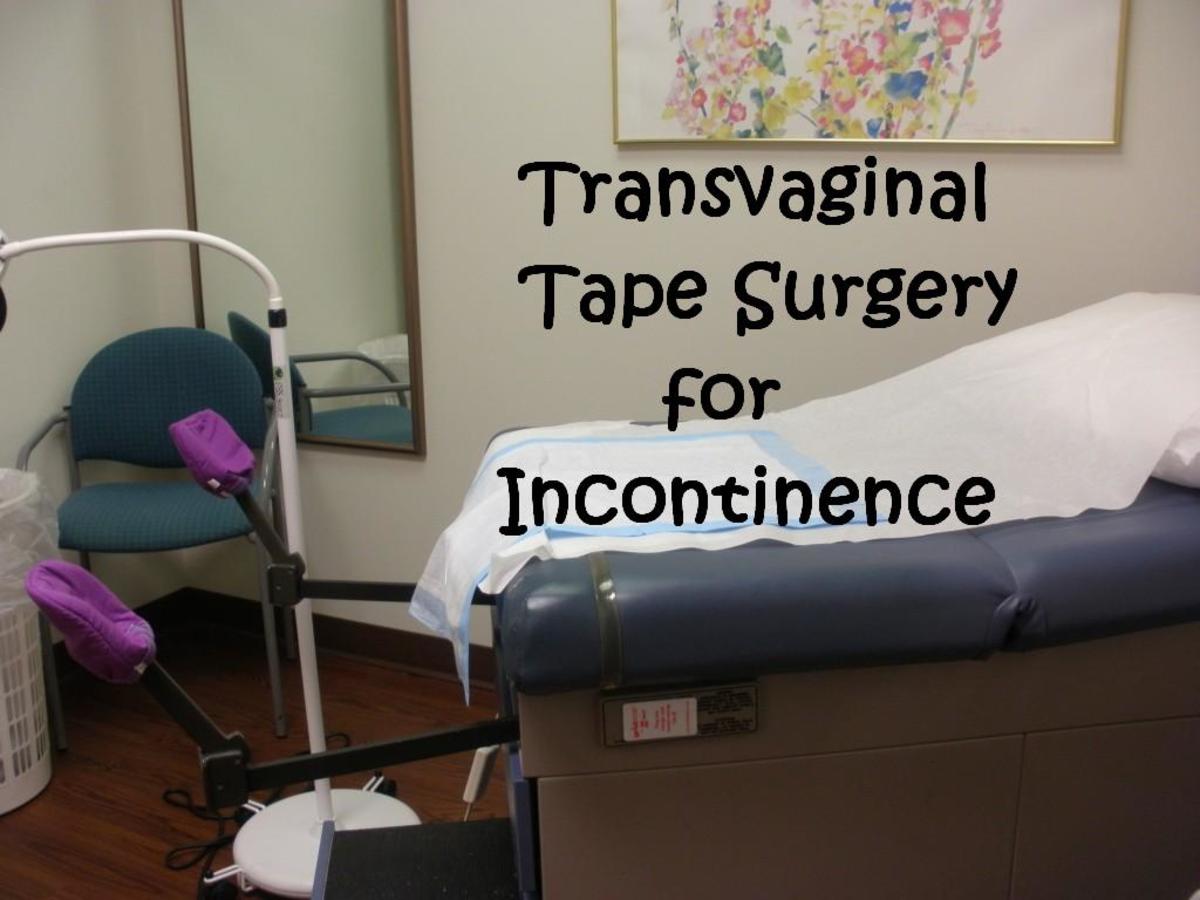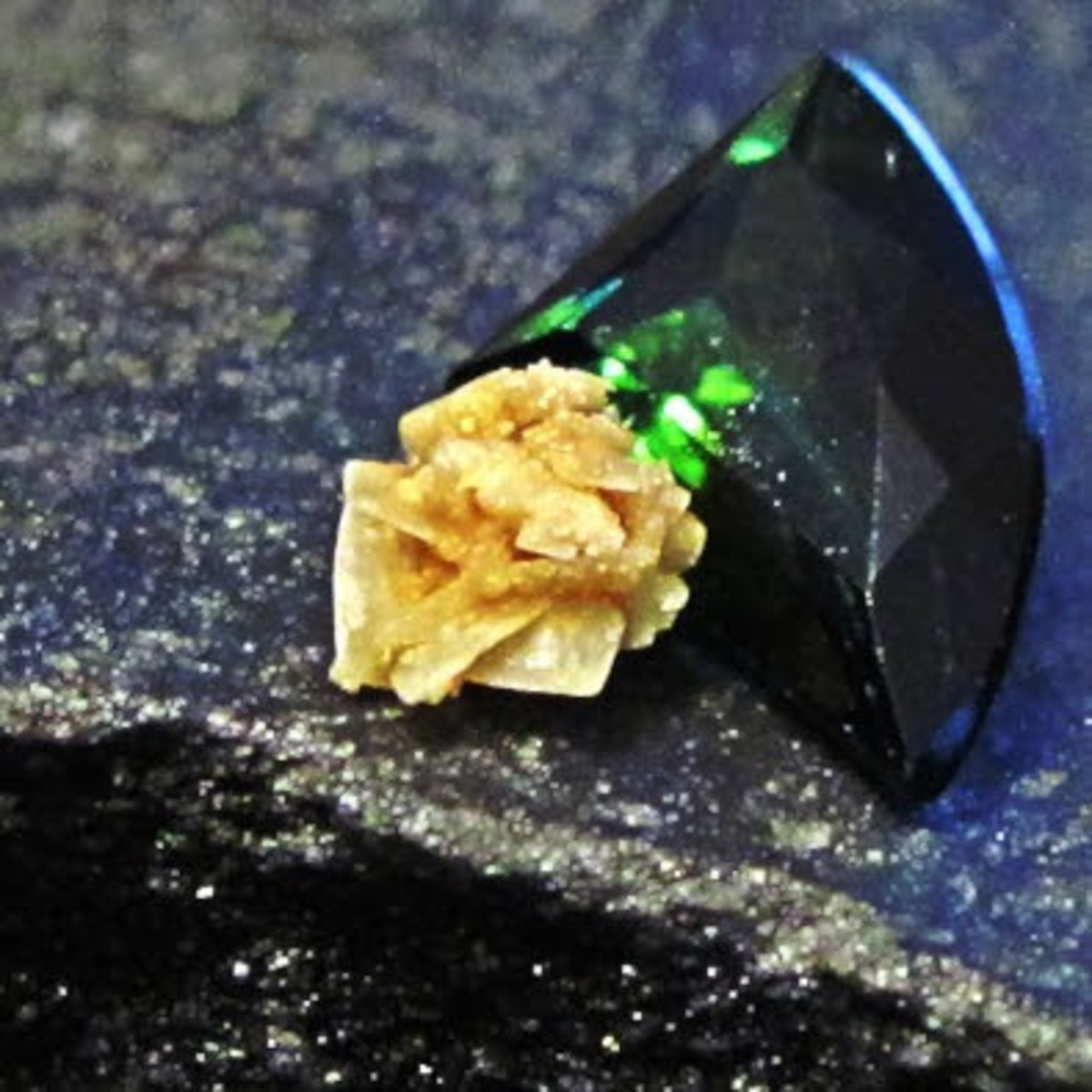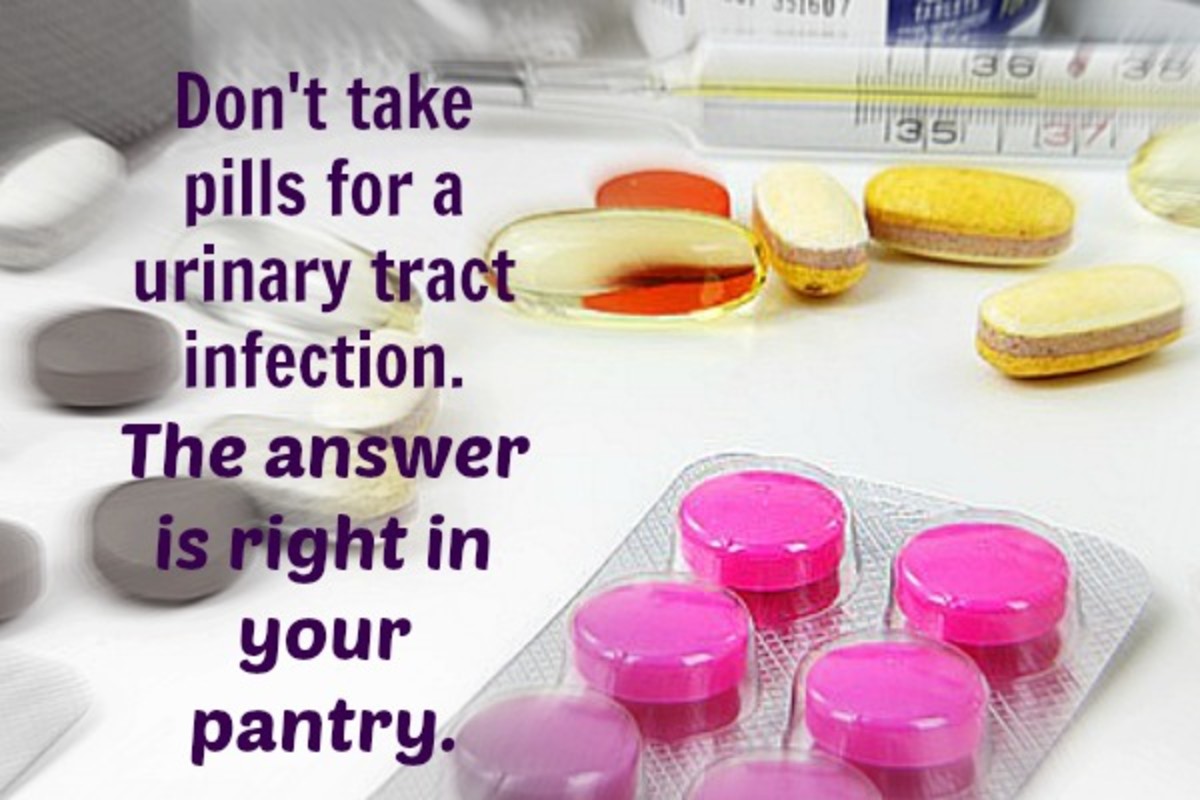Living with Interstitial Cystitis
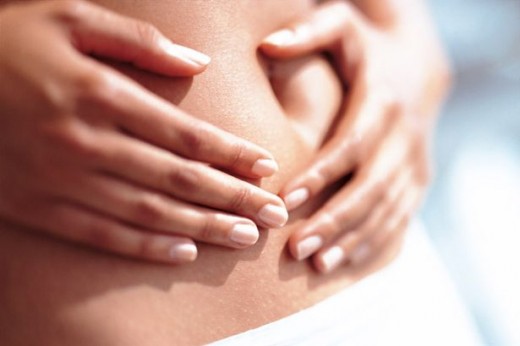
How It Begins
For many people, a sudden onset of pelvic pain and an increasing urge to use the restroom turns into an infection. No concern: a physician prescribes antibiotics and sends the patient on his/her way. The horror comes when the symptoms return with more intensity, and the next set of screenings come back completely normal. What just happened?
Interstitial cystitis (try saying that five times fast), or painful bladder syndrome, is defined as a chronic bladder condition causing pelvic/bladder pain and pressure, ranging from mild to severe. The condition affects mostly young to middle aged women, but can also occur in men and in rare cases, young children. Caucasian women with red hair and conditions like IBS, fibromyalgia, and autoimmune conditions have a higher chance of developing IC. The exact reason for the onset of symptoms is unclear, but factors like weak bladder lining, heredity, or autoimmune reactions may all contribute to the growing discomfort.
Symptoms for both sexes can be described as pain or pressure in the private areas, a constant urge to urinate with possible flare ups, frequent bathroom visits (more than 8 a day on average and as high as 60), and a painful, irritating feeling when the bladder is voided. There may also be pain during intercourse, although some find temporary relief.
The Itch Your Bladder Can't Scratch
Even for people with mild symptoms, daily life is greatly affected. Daily tasks that were once taken for granted are now burdened with a discomfort that previously did not exist. Bathroom visits tend to take longer, as double voiding is recommended to relieve a reduced capacity bladder. Getting up from a seated position can cause sudden discomfort, and even walking can be difficult at times.
The most seasoned urologist is very limited in terms of medication. The two options that are fairly easy to acquire are low dose antidepressants, and a weak blood thinner called Elmiron (Pentosan). Those with mild symptoms tend to stick with the antidepressants. However, with those with intense symptoms, stronger medications like Elmiron are the go-to.
Besides being expensive and very slow to work, Elmiron is not something that can be taken if a patient is already taking blood thinners, or is pregnant/planning on becoming pregnant. At this stage, a urologist will bring up more invasive alternatives, such as bladder installations (repeated lidocaine injections), Botox, or surgeries involving mesh installments to “hammock” the bladder. For those who cannot or will not consider these options, you are not alone.
Supplements
There are a few supplements that seem to have worked across the board for both men and woman with this condition. While one or a combination of these have worked for others, it is suggested to try one at a time and check with a pharmacist to make sure they do not negatively interact with other medications.
-Glucosamine Chondroitin is a supplement that is meant to increase the amount of “cushion” between the bones in the joints. It can assist with arthritis and osteopenia. It is also thought to assist in bladder discomfort caused by UTIs, both in humans and animals. It is derived from a carbohydrate found in shellfish, so make sure to double check with your pharmacist if you have an allergy to shellfish.
-Calcium Citrate is a calcium supplement that can alkalize the urine, reducing its acidity and reducing discomfort.
Herbal Remedies
-Alkaline water can be purchased, or made at home with a half teaspoon of baking soda in a full glass of water (no more than 3 glasses in a day).
-Pumpkin seed has diuretic properties, and can assist in emptying the bladder more completely.
-Turmeric is another herb with alkaline properties.
-Vitamin D is thought to have anti-inflammatory properties, and is also used in treating Crohn’s Disease and Irritable Bowel Syndrome.
-Lemongrass tea has been rather promising, detoxifying the digestive track and organs like the pancreas and liver.
-Medical marijuana, depending on US state of residence, is being introduced to treat Interstitial Cystitis and other bladder conditions. Proper screening and a medical card must be achieved before receiving this method of treatment.
This is not a complete list. The list above mentions solutions that do not need to be stopped due to risk in long-term usage. For a larger list, please contact a urologist or a pharmacist.
Perseverance
While no cure exists for this condition, and countless others that often accompany IC, it is important to remember that medicine is getting better every day. The pieces of the puzzle exist and slowly, urologists and other specialists are trying to slowly rebuild the construct of what makes the bladder react in error. New methods should always be attempted, and old methods should not be forgotten.

